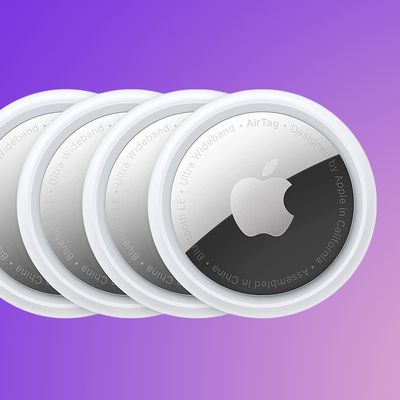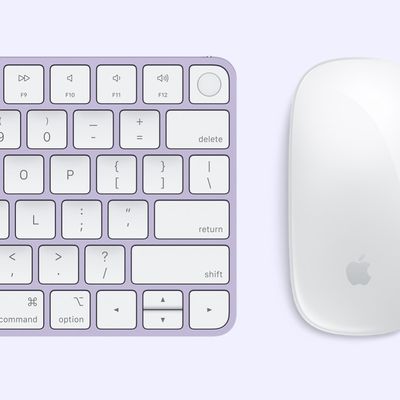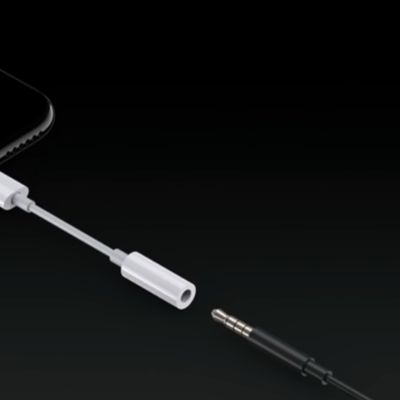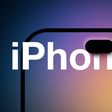Qualcomm today announced that it has posted €1.34 billion in security bonds required for the chipmaker to be able to enforce a preliminary injunction on select iPhone models in Germany, after a court in the country found Apple to be infringing Qualcomm patents related to power savings technology used in smartphones.
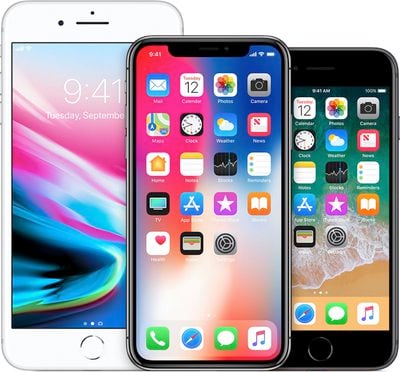
Last month, a German court ordered Apple to cease the import and sale of all infringing iPhone models in Germany. Apple was also ordered to recall those iPhone models from third-party resellers in Germany, according to Qualcomm.
In a statement, Apple said it is "disappointed" by the verdict and plans to appeal. The company also confirmed that the iPhone XS, iPhone XS Max, and iPhone XR are not affected by the preliminary injunction, but it has temporarily halted sales of iPhone 7 and iPhone 8 models at its 15 retail stores in Germany.
Apple's full statement:
Qualcomm's campaign is a desperate attempt to distract from the real issues between our companies. Their tactics, in the courts and in their everyday business, are harming innovation and harming consumers. Qualcomm insists on charging exorbitant fees based on work they didn't do and they are being investigated by governments all around the world for their behavior. We are of course disappointed by this verdict and we plan to appeal. All iPhone models remain available to customers through carriers and resellers in 4,300 locations across Germany. During the appeal process, iPhone 7 and iPhone 8 models will not be available at Apple's 15 retail stores in Germany. iPhone XS, iPhone XS Max and iPhone XR will remain available in all our stores.
Qualcomm's general counsel Don Rosenberg issued the following statement to MacRumors following the verdict:
Two respected courts in two different jurisdictions just in the past two weeks have now confirmed the value of Qualcomm's patents and declared Apple an infringer, ordering a ban on iPhones in the important markets of Germany and China.
Apple and Qualcomm are engaged in a major legal battle spanning multiple countries, including China, where a court issued a similar preliminary injunction on select iPhones last month over two separate Qualcomm patents.
Apple continues to sell the affected iPhone models in China and believes it is in compliance with the ruling. Late last month, it made some minor changes in iOS 12.1.2 to address the Qualcomm patents in China, including introducing a new animation for force closing apps seen in the video below.
Apple sued Qualcomm in early 2017 over anticompetitive business practices related to chip-related licensing fees, while Qualcomm has accused Apple of sharing its trade secrets with Intel among other infractions. In the U.S., the FTC is also taking Qualcomm to court later this month over the alleged monopolistic behavior.


